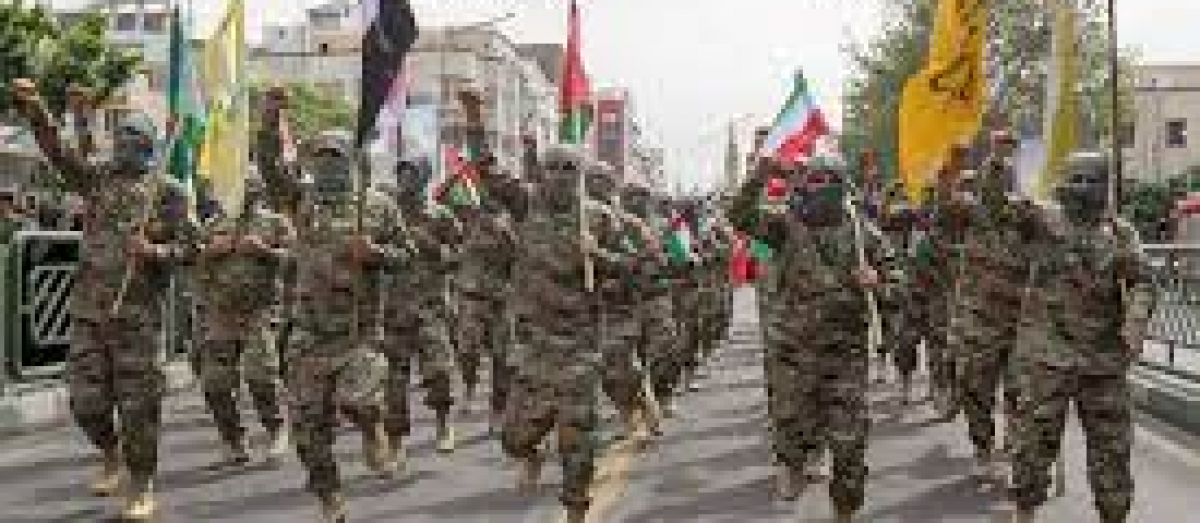Allies:
Russia:
- Syria has a longstanding alliance with Russia, dating back to the Soviet era. Russia has been a key supporter of the Syrian government, providing military assistance, diplomatic backing, and economic support.
- Russia’s intervention in the Syrian civil war in 2015, at the request of the Syrian government, turned the tide of the conflict in favor of President Bashar al-Assad’s regime. Russian military intervention, including airstrikes and ground support, helped Syrian government forces regain control of territory from rebel groups and jihadist militants.
- The alliance between Syria and Russia is strategic, driven by shared geopolitical interests, mutual support, and a desire to counter U.S. influence in the region. Russia maintains military bases in Syria, including the naval facility at Tartus, securing its presence in the Eastern Mediterranean.
Iran:
- Syria has a close alliance with Iran, rooted in shared strategic interests, ideological affinity, and mutual opposition to Israel and Sunni-majority Arab states.
- Iran has provided extensive military, financial, and logistical support to the Assad regime throughout the Syrian civil war, including training and equipping pro-government militias and proxy forces.
- Syria’s alliance with Iran is multifaceted, encompassing not only military cooperation but also economic ties, energy partnerships, and shared objectives in regional conflicts, particularly in countering U.S. and Israeli influence.
Hezbollah:
- Syria maintains a close relationship with Hezbollah, the Lebanese Shiite militant group backed by Iran. Hezbollah has been a key ally of the Assad regime, providing military support, fighters, and expertise in urban warfare.
- Hezbollah’s involvement in the Syrian civil war has been instrumental in bolstering the Assad regime’s position and countering rebel groups and jihadist militants. Hezbollah fighters have played a significant role in key battles, particularly in areas like Aleppo and Damascus.
- The alliance between Syria and Hezbollah is driven by shared interests in countering Israel and Sunni extremism, as well as Hezbollah’s strategic imperative to protect its supply lines and maintain its influence in Lebanon and the wider region.
Enemies:
United States:
- Syria’s relationship with the United States is characterized by hostility, particularly since the outbreak of the Syrian civil war in 2011. The U.S. has supported rebel groups and opposition forces seeking to overthrow the Assad regime, providing military aid, training, and diplomatic backing.
- The U.S. has also imposed economic sanctions on Syria and targeted Syrian government officials and entities for human rights abuses and chemical weapons attacks. Additionally, the U.S. has conducted airstrikes against Syrian government targets in response to alleged violations of international law.
Israel:
- Syria has been in a state of war with Israel since the establishment of the Jewish state in 1948. The two countries have fought multiple wars and engaged in sporadic clashes over the years, particularly over the Golan Heights, which Israel captured from Syria in the 1967 Six-Day War.
- While Syria and Israel have not engaged in direct military confrontation since the 1973 Yom Kippur War, tensions persist over issues such as the Golan Heights, Syria’s support for Hezbollah and other militant groups, and Israel’s airstrikes targeting Iranian and Hezbollah positions in Syria.
- Some Gulf States:
- Syria’s relationship with some Gulf states, particularly Saudi Arabia and the UAE, has been strained since the outbreak of the Syrian civil war. These countries have supported rebel groups and opposition forces seeking to overthrow the Assad regime, viewing Syria as part of their broader regional rivalry with Iran.
- Gulf states have provided financial, military, and diplomatic support to anti-Assad groups, contributing to the protracted conflict in Syria. Additionally, Gulf states have accused Syria of human rights abuses and atrocities against civilians, leading to diplomatic tensions and strained relations.
Syrian Opposition Groups:
- Syria’s relationship with opposition groups seeking to overthrow the Assad regime is characterized by conflict, repression, and violence. Since the outbreak of the Syrian civil war in 2011, the Assad regime has cracked down harshly on opposition activists, protesters, and armed rebels.
- Opposition groups, including moderate rebels, Islamist factions, and jihadist militants, have sought to overthrow Assad through armed struggle, political activism, and diplomatic efforts. However, they have faced significant challenges, including internal divisions, external intervention, and repression by the Syrian government.
- The Syrian civil war has resulted in a humanitarian catastrophe, with hundreds of thousands killed, millions displaced, and widespread destruction. Despite diplomatic efforts to reach a political settlement, the conflict remains unresolved, with the Assad regime consolidating control over much of Syria.

